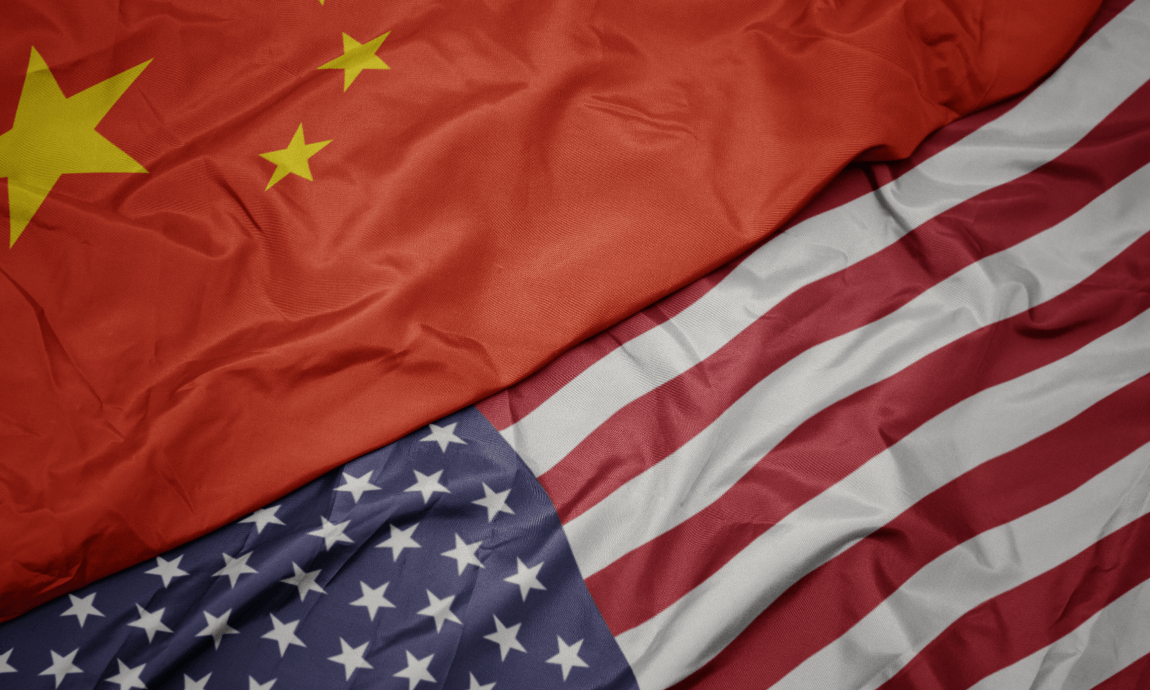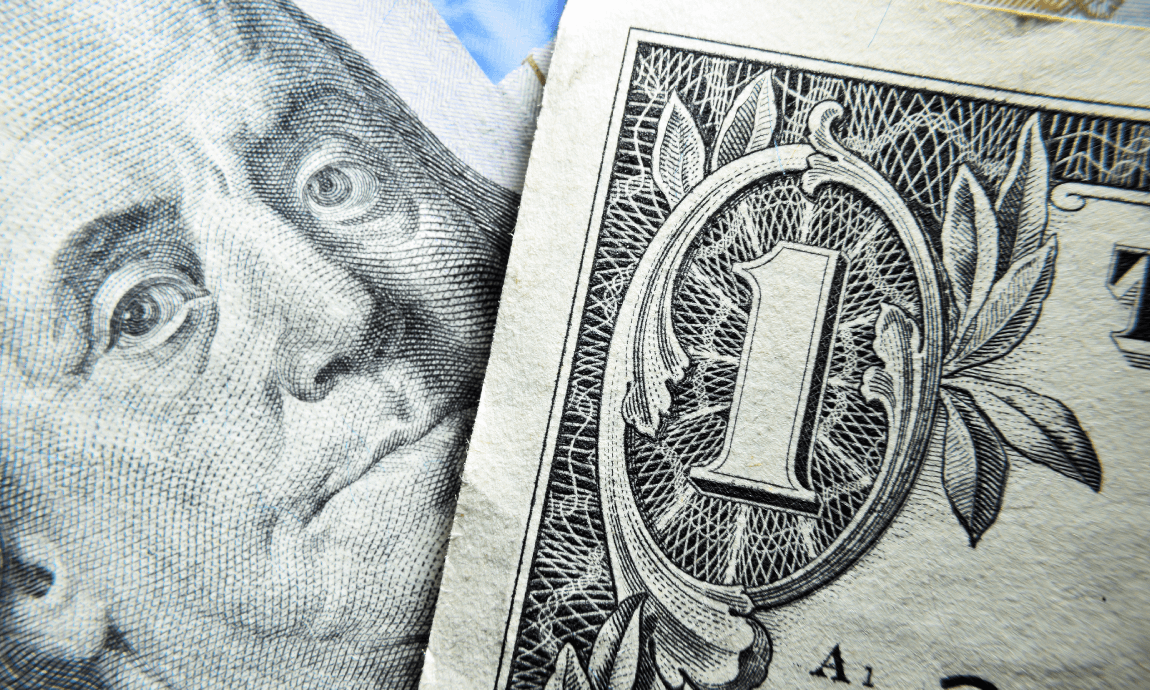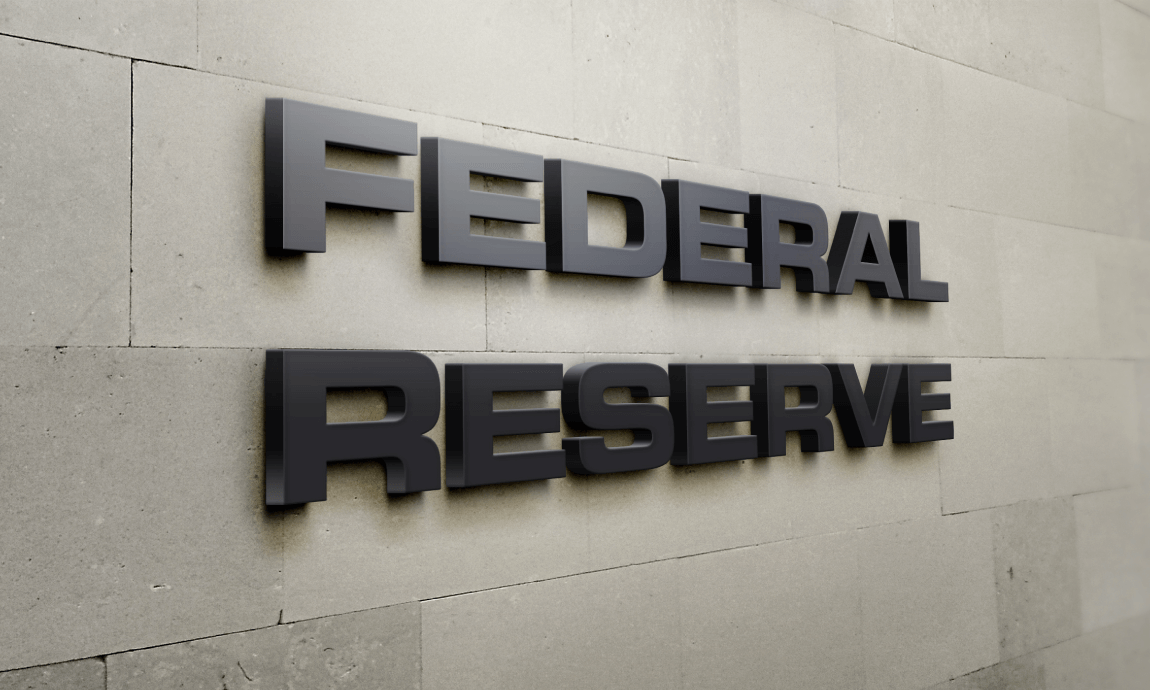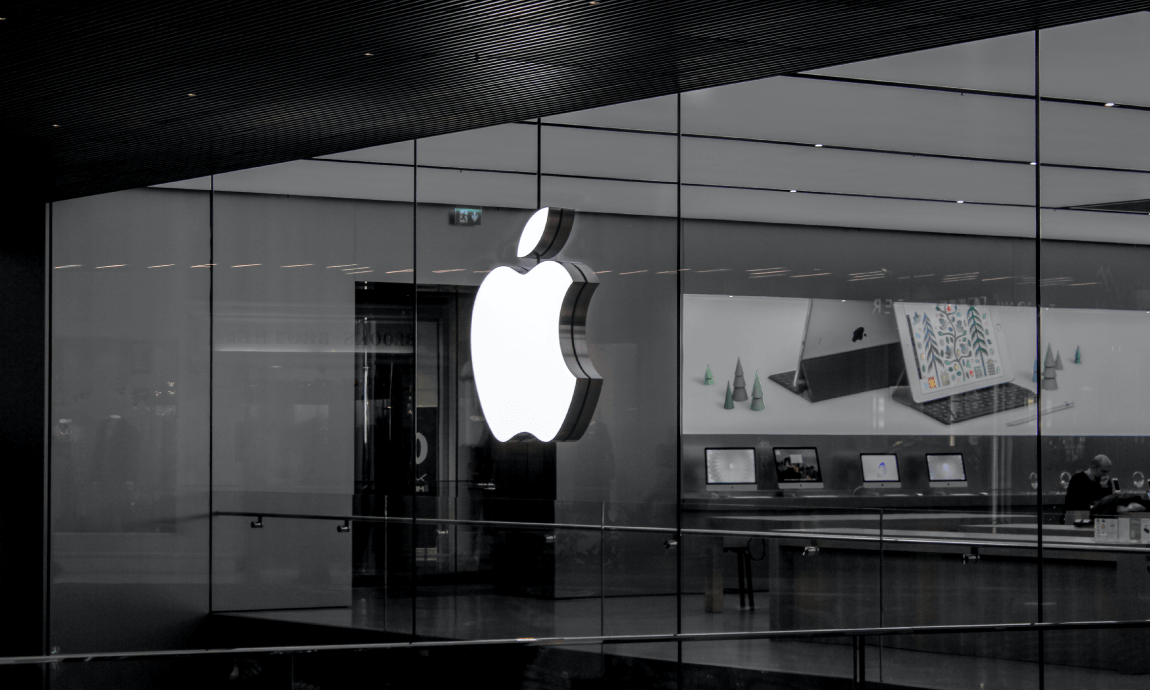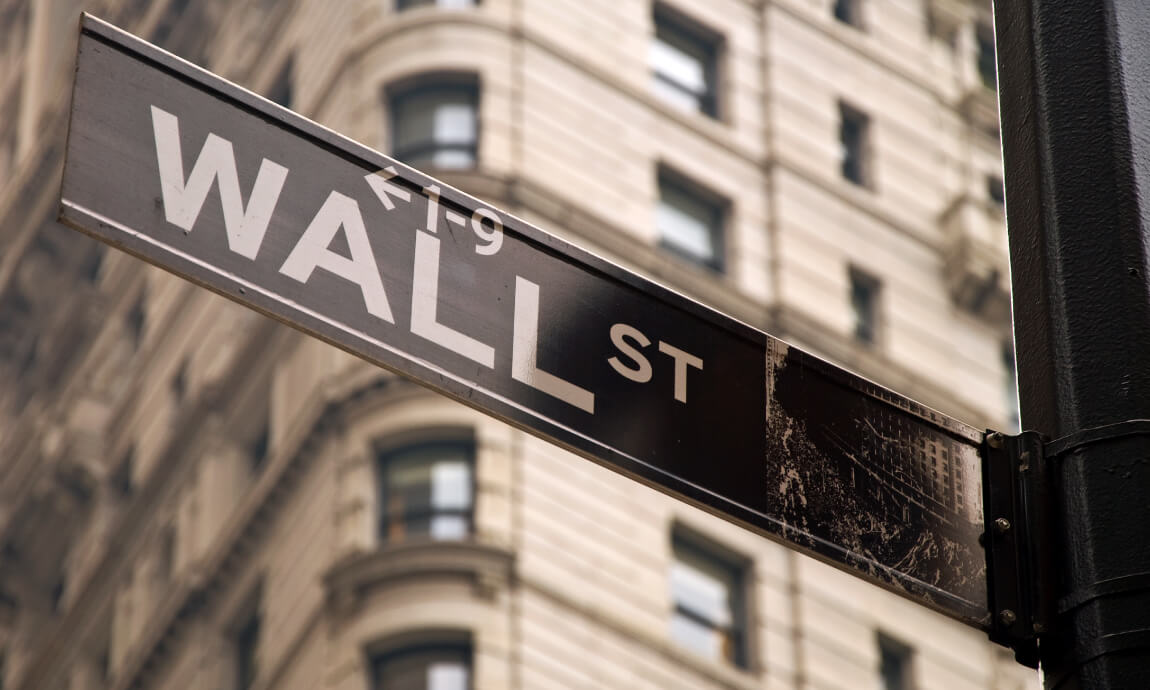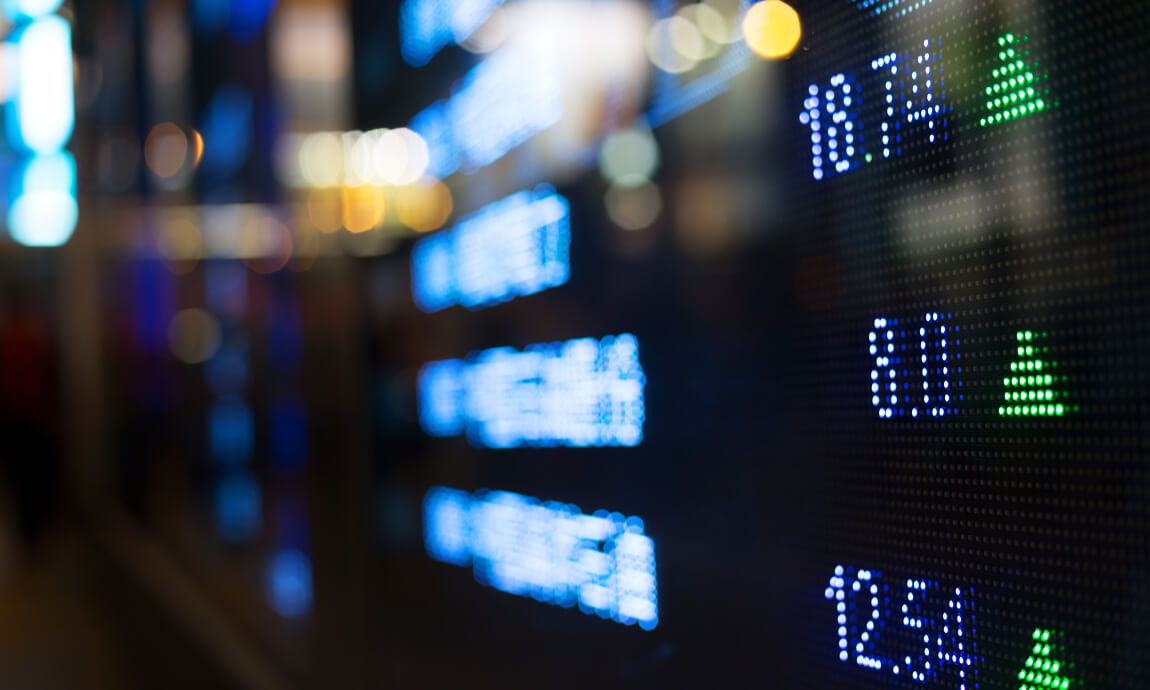Market Brief, Tuesday, 8th of September, 2020
The major US indices recovered some of the last week’s sharp losses which saw some of the worst 2 day declines in history. The Nasdaq traded higher around the 11500 levels, up from last weeks low of just under 11200 led by some gains in tech-giants. The S&P is also above last week’s worst levels currently trading around 3434.
US President Trump made comments about the decoupling of the US economy from China saying that it would not lead to any monetary losses. There was also mention of massive tariffs and prohibition of federal contracts to US companies outsourcing to China.
In Asia, equity markets traded mostly positively following their US counterparts with China underperforming due to President Trump’s comments. The Hang-Seng and Shanghai comp is down by 0.6 and 0.3% respectively.
In the FX space, the dollar index reclaimed the 93 levels and saw some mild gains with its main counterparts the EURUSD trading below the 1.18 handle and GBPUSD trading around 1.3130.
WTI and Brent continued their recent slide down to 39$ per barrel and 42$ per barrel respectively which sees them trading at 2-month lows.

